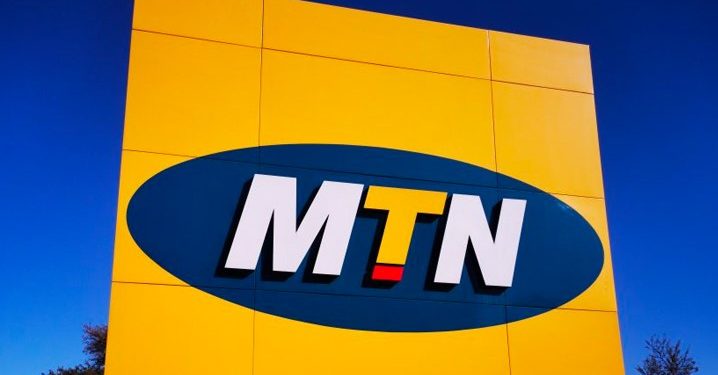MTN Nigeria has announced plans to carry out a scheduled network maintenance exercise on Saturday, October 25, 2025, which will temporarily affect connectivity in parts of Adamawa, Borno, and Kano States.
The telecom company said the two-hour maintenance window, set between 6:00 a.m. and 8:00 a.m., will impact 101 network sites across 15 Local Government Areas (LGAs) in the three states. The affected areas include Nasarawa LGA in Kano State; Girei, Song, Mubi North, Hong, Gombi, Fufore, Mubi South, Madagali, Michika, Maiha, Chibok, and Yola North in Adamawa State; as well as Askira/Uba and Shani in Borno State.
MTN explained that the scheduled activity is part of a long-term effort to enhance network reliability and strengthen its fibre infrastructure in northern Nigeria. The maintenance involves a fibre cutover on a newly relocated cable segment between AFCOT and Bawo Village. The upgrade will replace damaged spans and reduce multiple joints that have weakened optical performance and network stability.
According to MTN, services on 2G, 3G, 4G, and 10 enterprise connections will be unavailable during the two-hour window due to the linear and unprotected nature of the fibre route. The company said the intervention builds on an earlier network restoration exercise carried out in August 2025 along the same AFCOT–Bawo fibre route. This latest phase, it added, represents a more comprehensive upgrade to permanently resolve faults and ensure stable connectivity for customers in the region.
“MTN regrets any inconvenience this may cause and appreciates customers’ understanding as we continue to work towards improving service quality and reliability,” the company said in a statement.
The announcement comes amid growing concerns over frequent fibre cuts disrupting telecom services across the country. In August, MTN had also conducted similar maintenance to address cable damage in the same states. Industry reports indicate that telecom operators, including MTN, Airtel, and 9mobile, face an average of 1,100 fibre cuts weekly nationwide, often resulting from road construction, vandalism, and environmental factors.
The Nigerian Communications Commission (NCC) recently described the situation as a national concern, with its Executive Vice Chairman, Dr. Aminu Maida, outlining a new strategy involving public sensitisation, collaboration with security agencies, and technical enforcement to protect telecom infrastructure.
Telecom infrastructure has since been designated as Critical National Information Infrastructure (CNII) under Section 3 of the Cybersecurity Act, following a directive by President Bola Tinubu. The designation places shared responsibility on operators, government agencies, and citizens to safeguard the nation’s communication systems from further damage and disruption.










